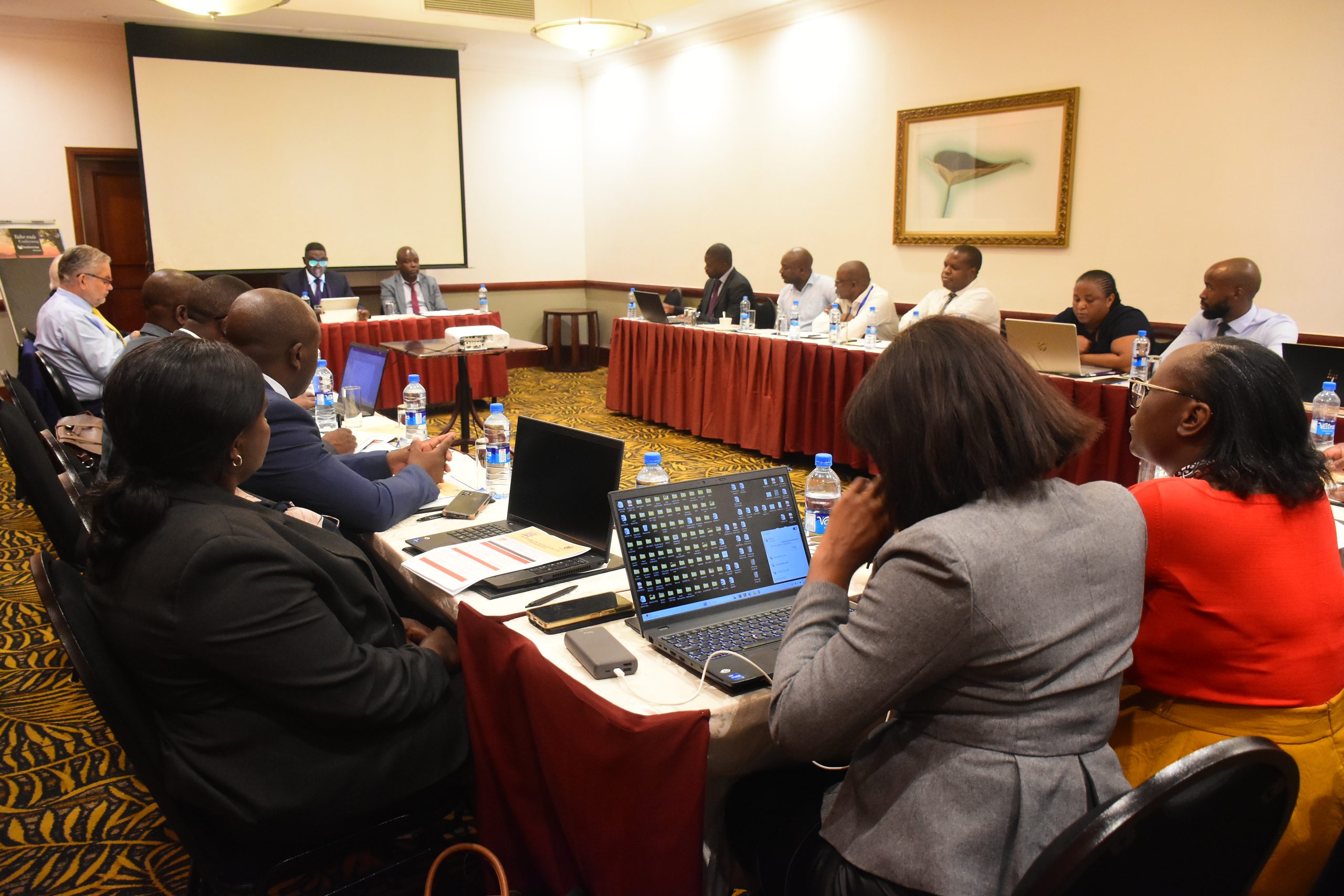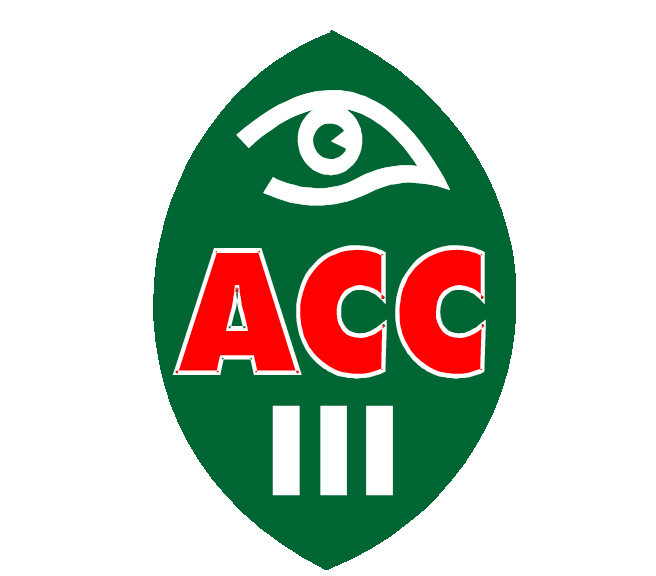Anti- Corruption Commission Zambia Acting Director General Mrs. Monica Chipanta Mwansa said implementing a Compliance Management System (CMS) can enhance health care delivery in Zambia.
She said this yesterday, in a speech read on her behalf by Assistant Director Corruption Risk Assessment Mr. Never Sakala, during a buy-in meeting for Health Sector Regulators, Associations and Professional Bodies at Southern Sun Hotel.
“As you may be aware the Anti-Corruption Commission is mandated to fight corruption in both the public and private Sector. Owing to the historical approach in the fight against corruption, emphasis was placed on fighting corruption in the public sector as opposed to the private sector. Based on this realization, the Commission as mandated in Section 81 of the Anti-Corruption Act No. 3 of 2012, is currently actively engaging all relevant stakeholders in developing anti-corruption strategies and interventions aimed at effectively preventing the occurrence of corrupt practices in the private sector,” she said.
Mrs. Mwansa said as a result, two private sector symposiums were held, one in Lusaka and another one on the Copperbelt which focused on the mining sector.
She also disclosed that, another private sector symposium will be held this week on Thursday, to input into the development of a CMS, that will ensure compliance with legal regulations and ethical standards to prevent corruption in the private sector.
And Transparency International Zambia (TIZ) Executive Director Mr. Maurice Nyambe said corruption thrives in settings were agents are able to bend rules without being detected.
He said this is possible especially if the rules themselves are not codified in writing, are ambiguous, are not made public or performance measurement, monitoring and enforcement are lacking.
“Fighting corruption in the private sector requires a robust approach. National governments need to constantly improve and enforce existing anti-corruption legislation and international anti-bribery and anti-corruption conventions, designed to hold companies accountable for their actions,” he said.
Mr. Nyambe said this in a speech that was read on his behalf at the same event by TIZ Public Finance Coordinator Mr. Tommy Singogi.
Meanwhile, European Union (EU) consultant for the Twinning Project Peer-to-Peer Institutional Support to the Anti-Corruption Commission in Zambia highlighted the benefits of CMS.
Mr. Detlef Kreutzer, an expert in corruption prevention from Germany, said the economic benefits of CMS on the private sector are many and it includes avoidance of fines or high penalties, increased efficiency through better organisation and clear processes, and protection of reputation by minimising the risk of compliance scandals.





No comment